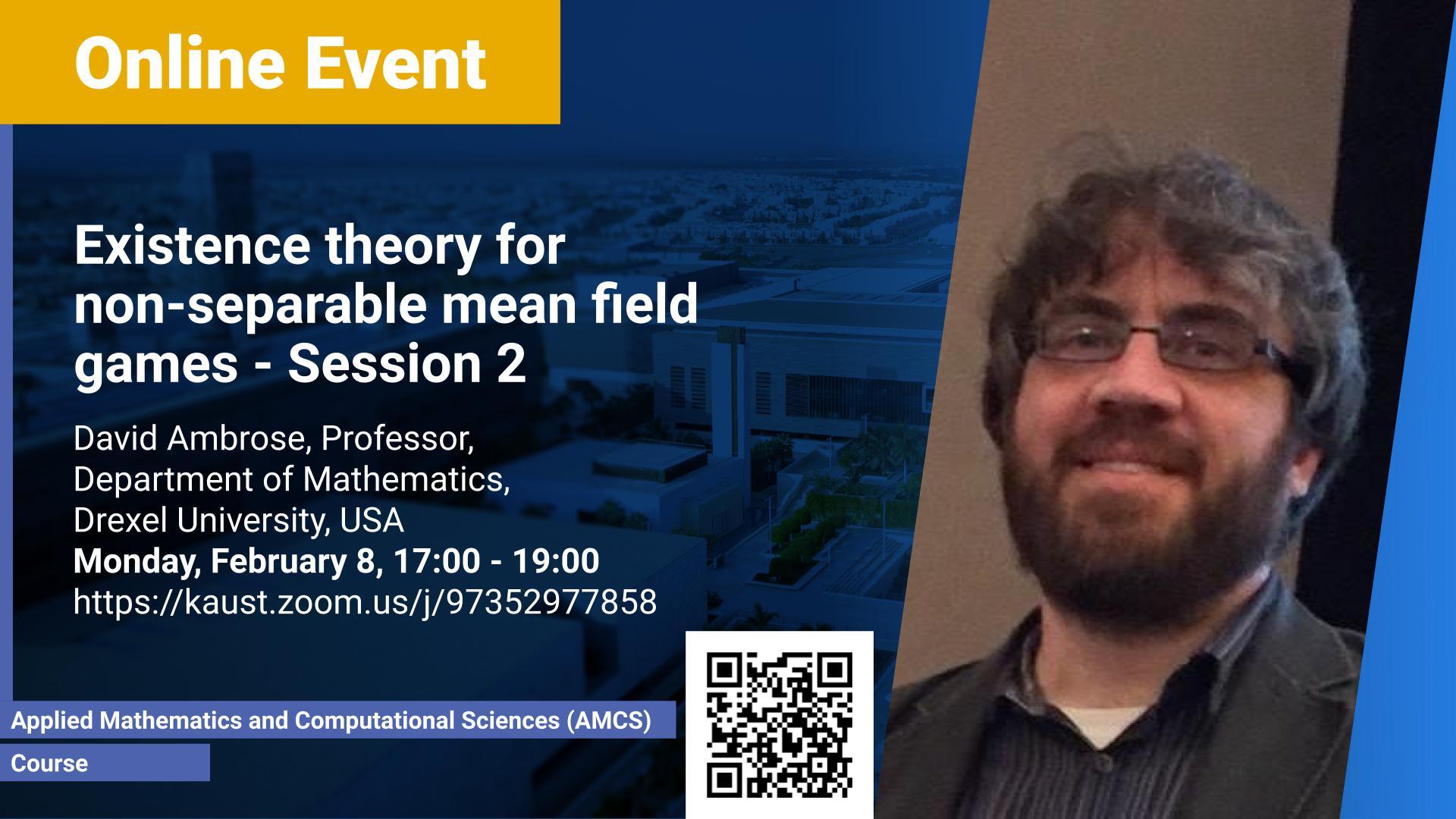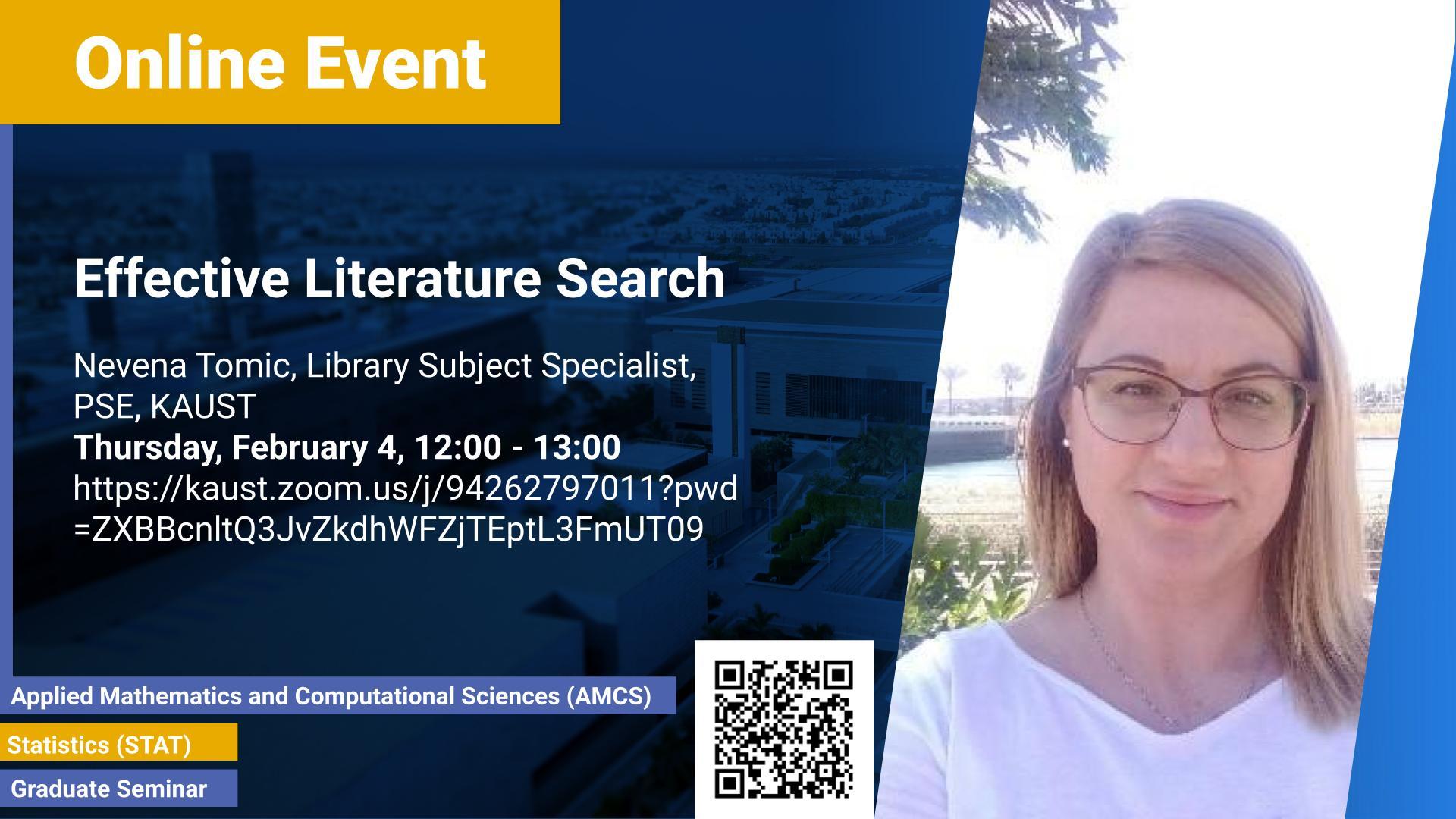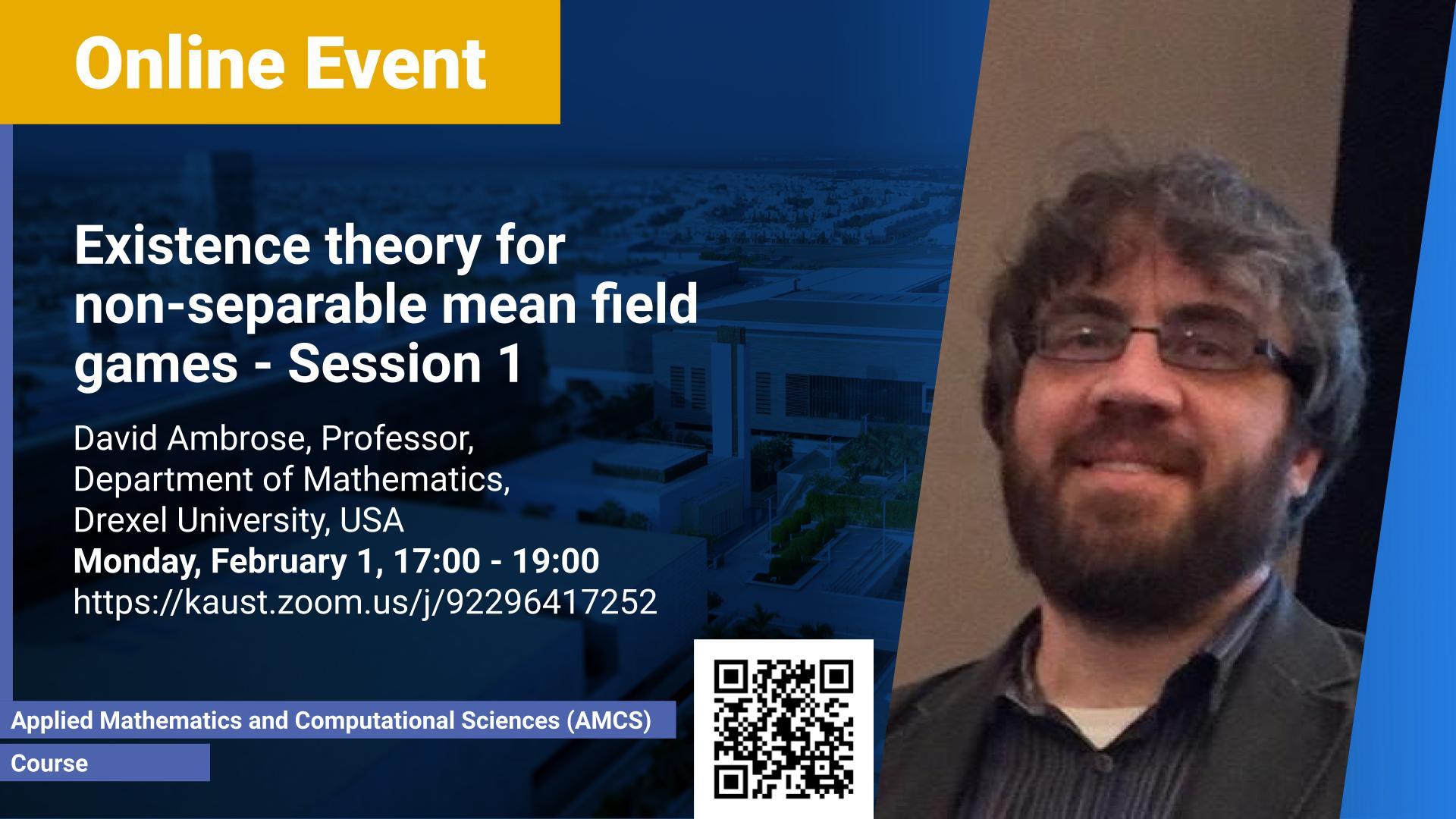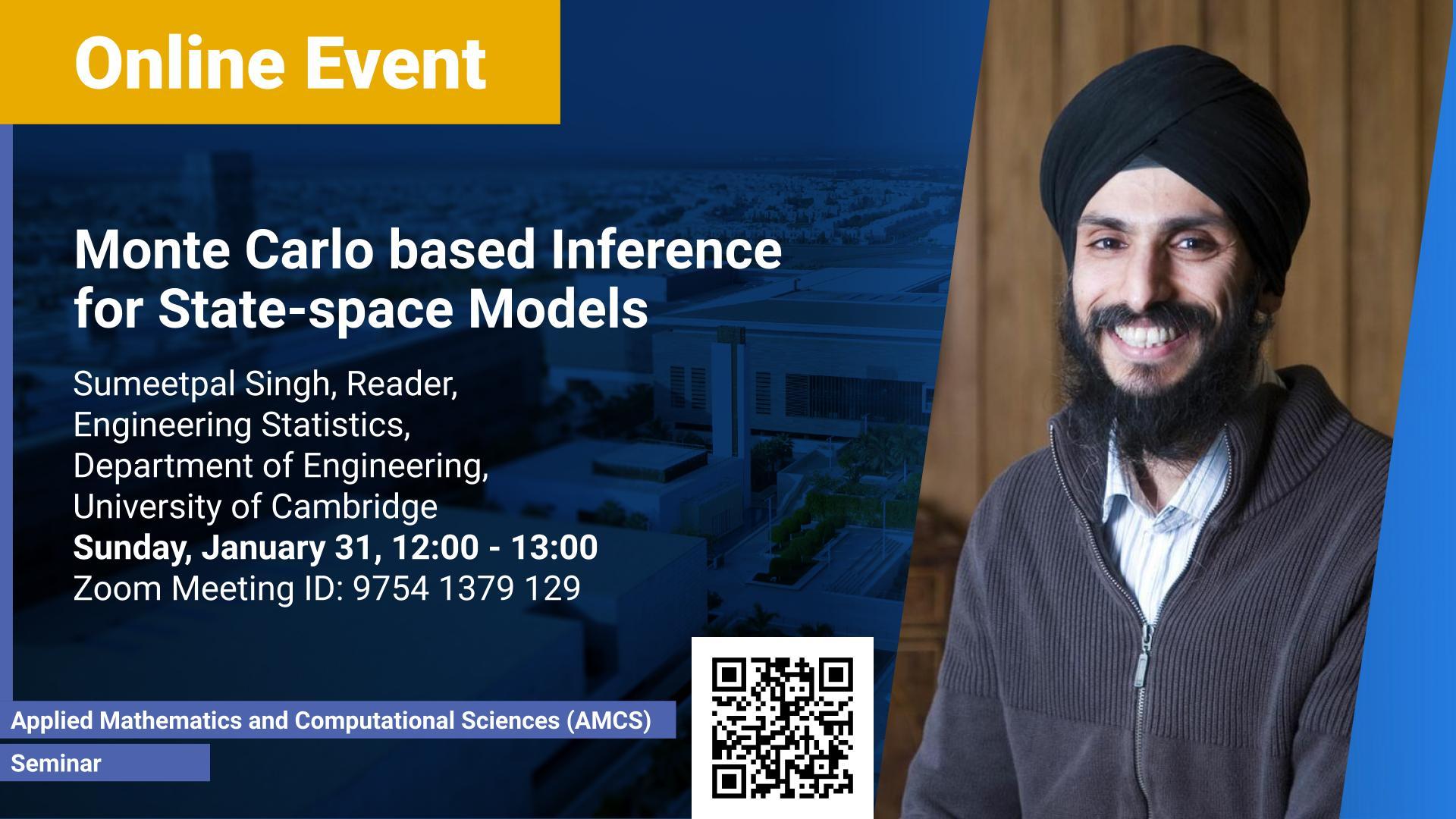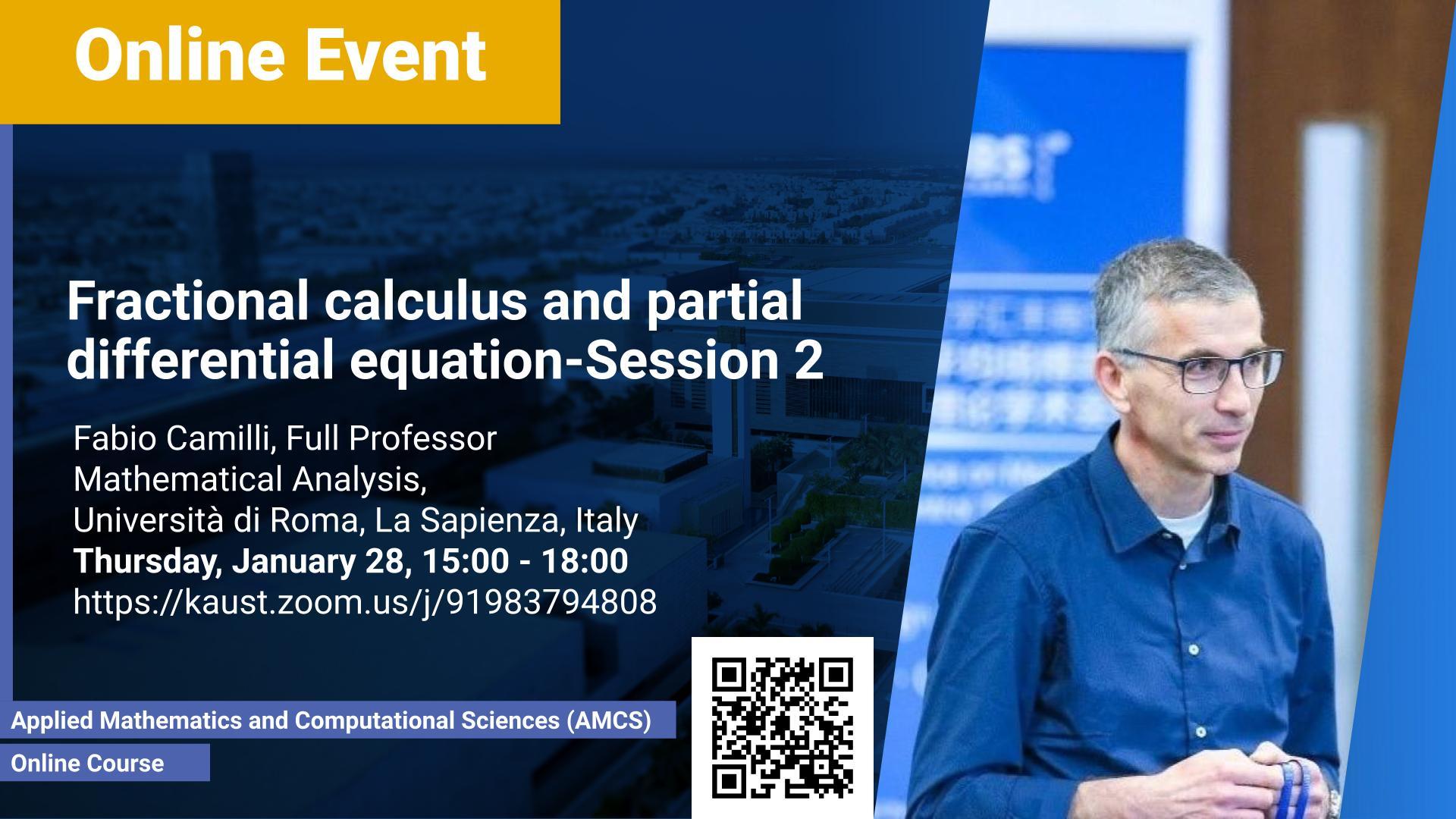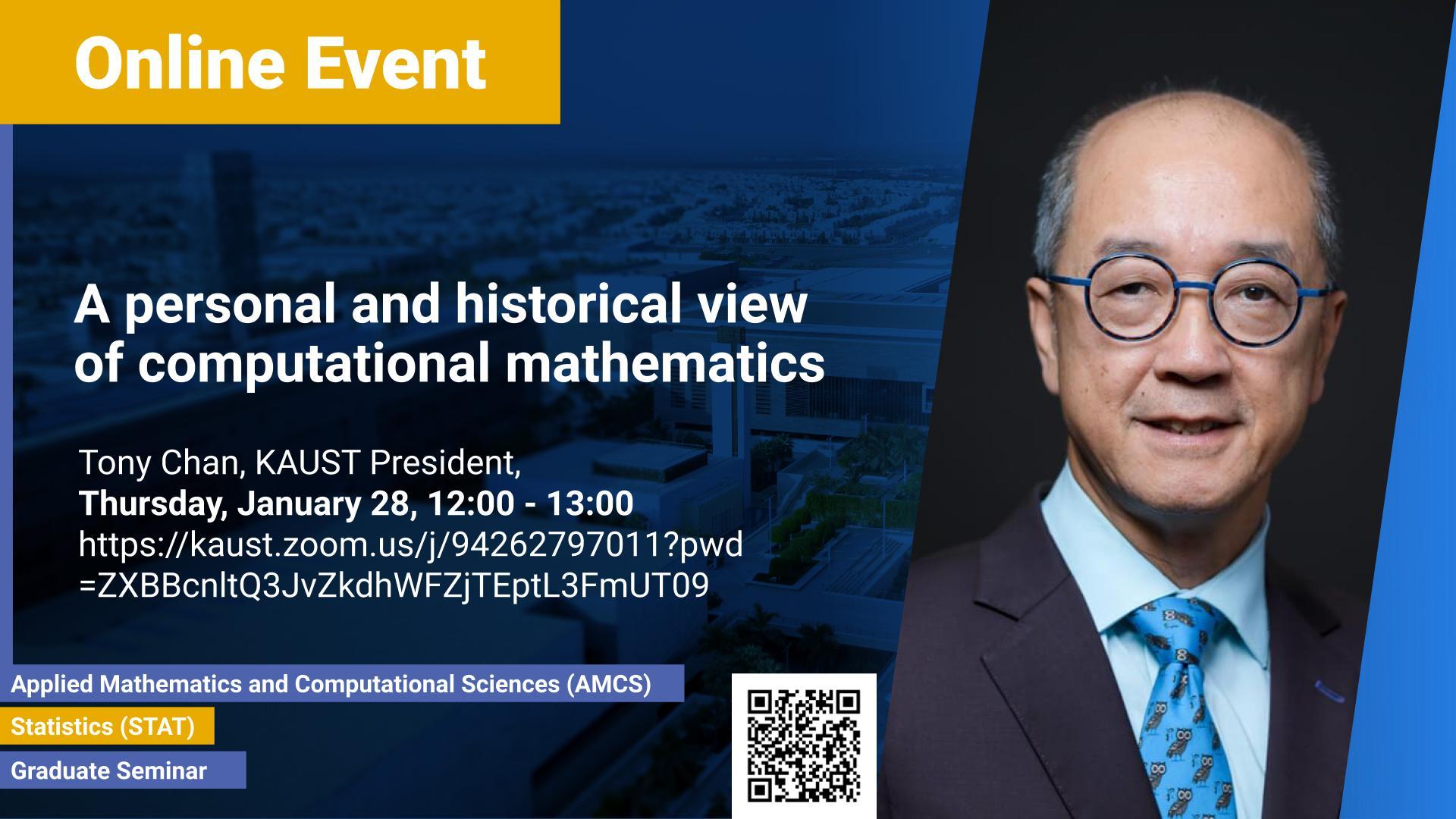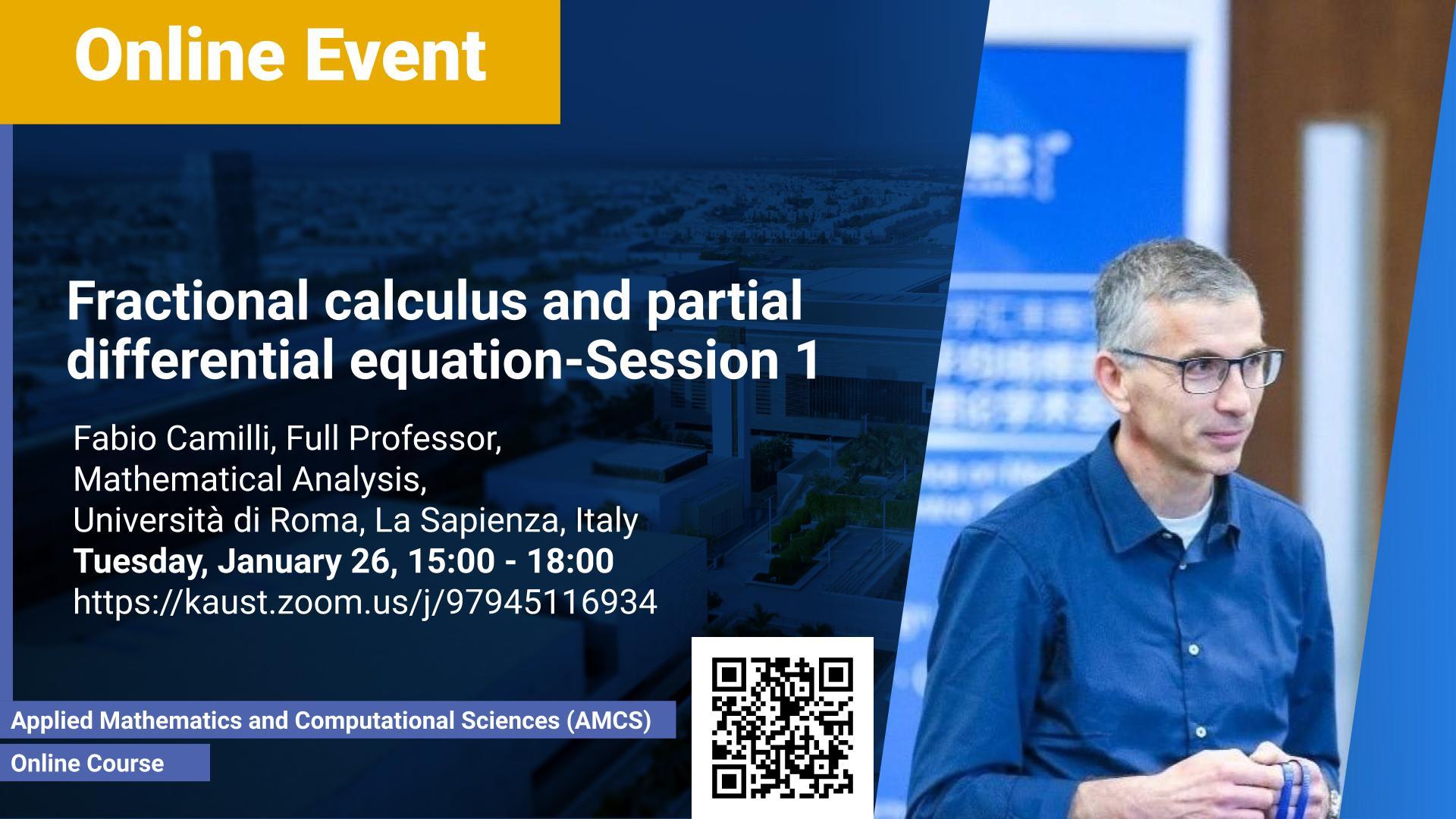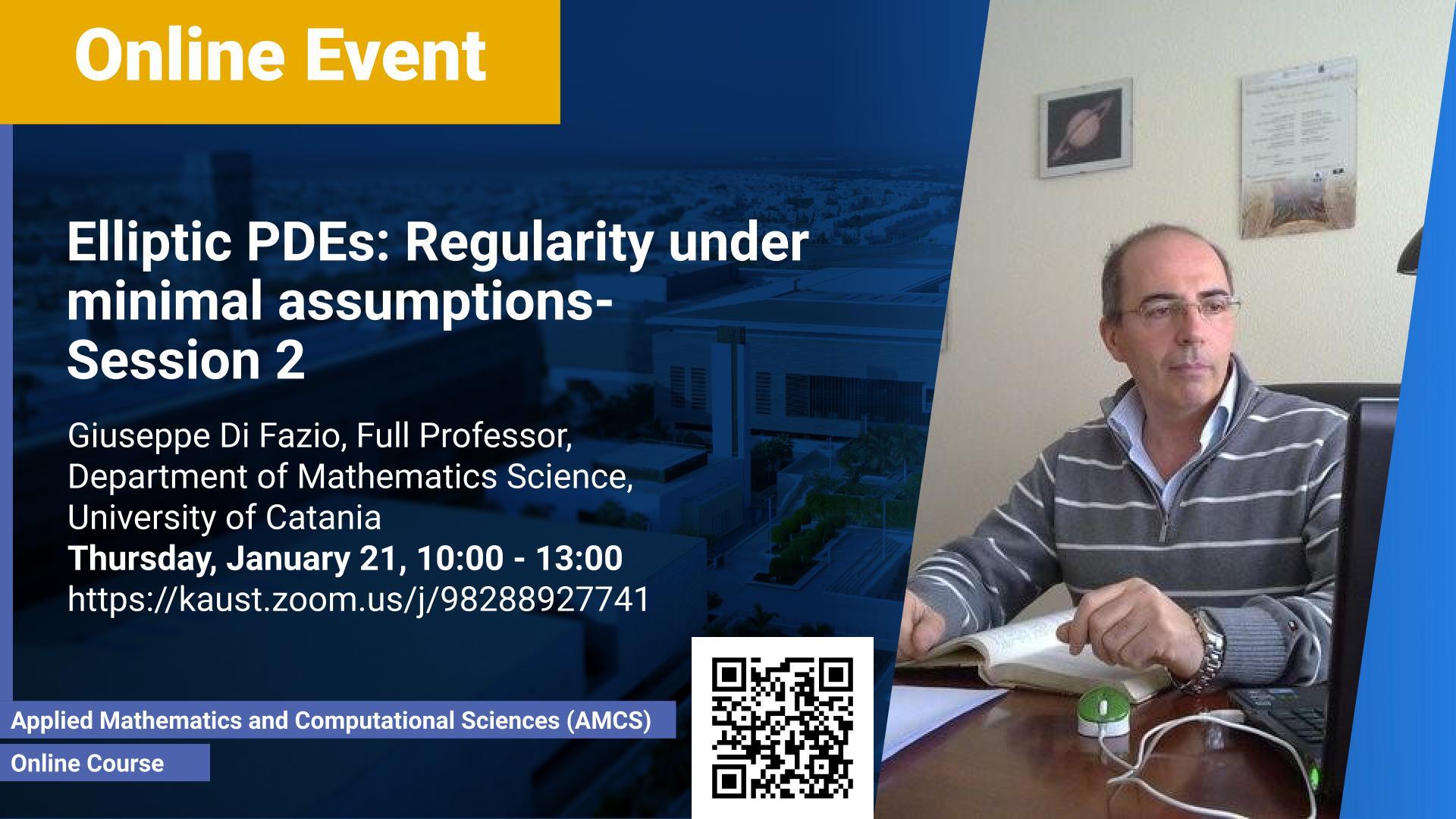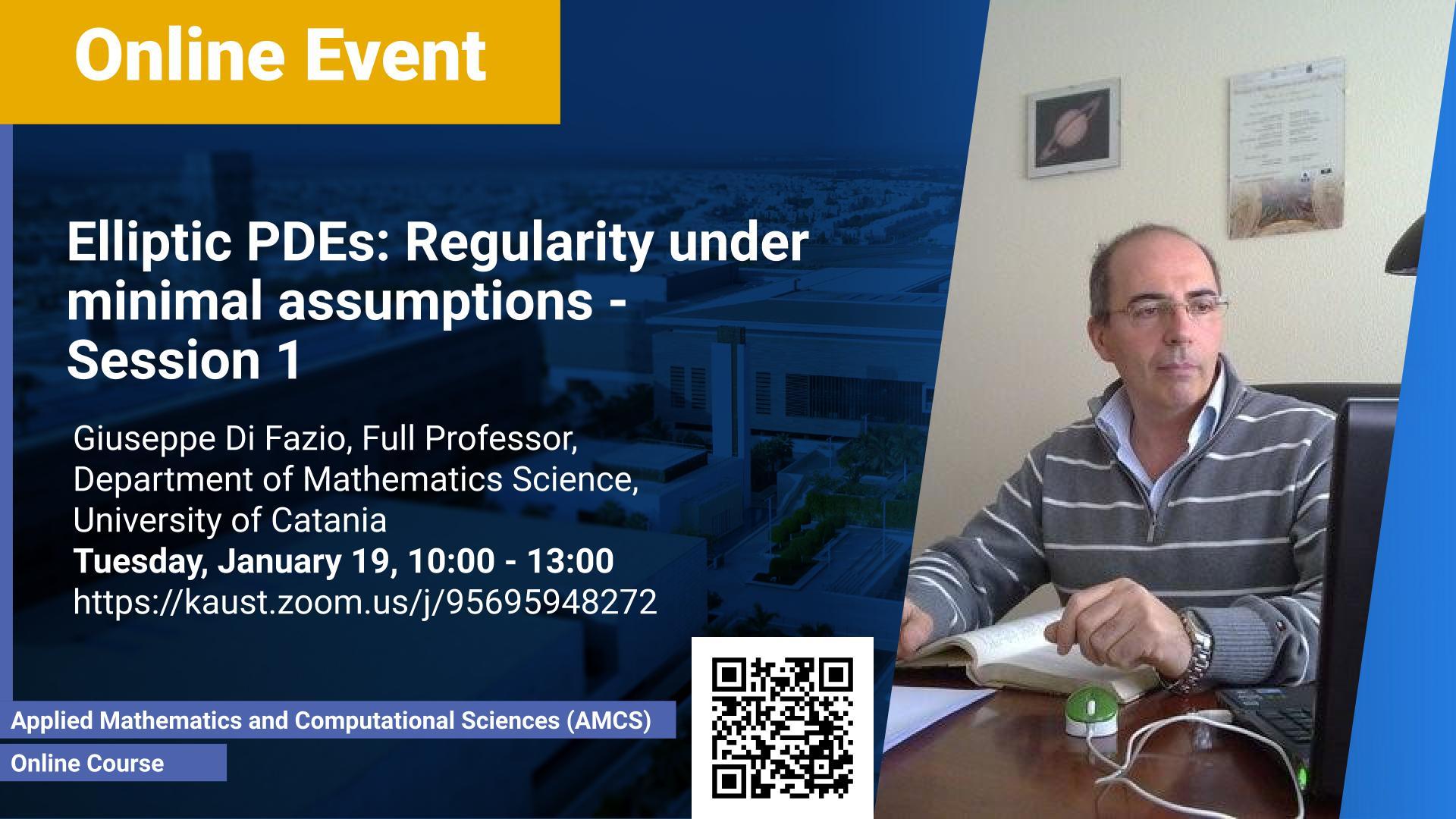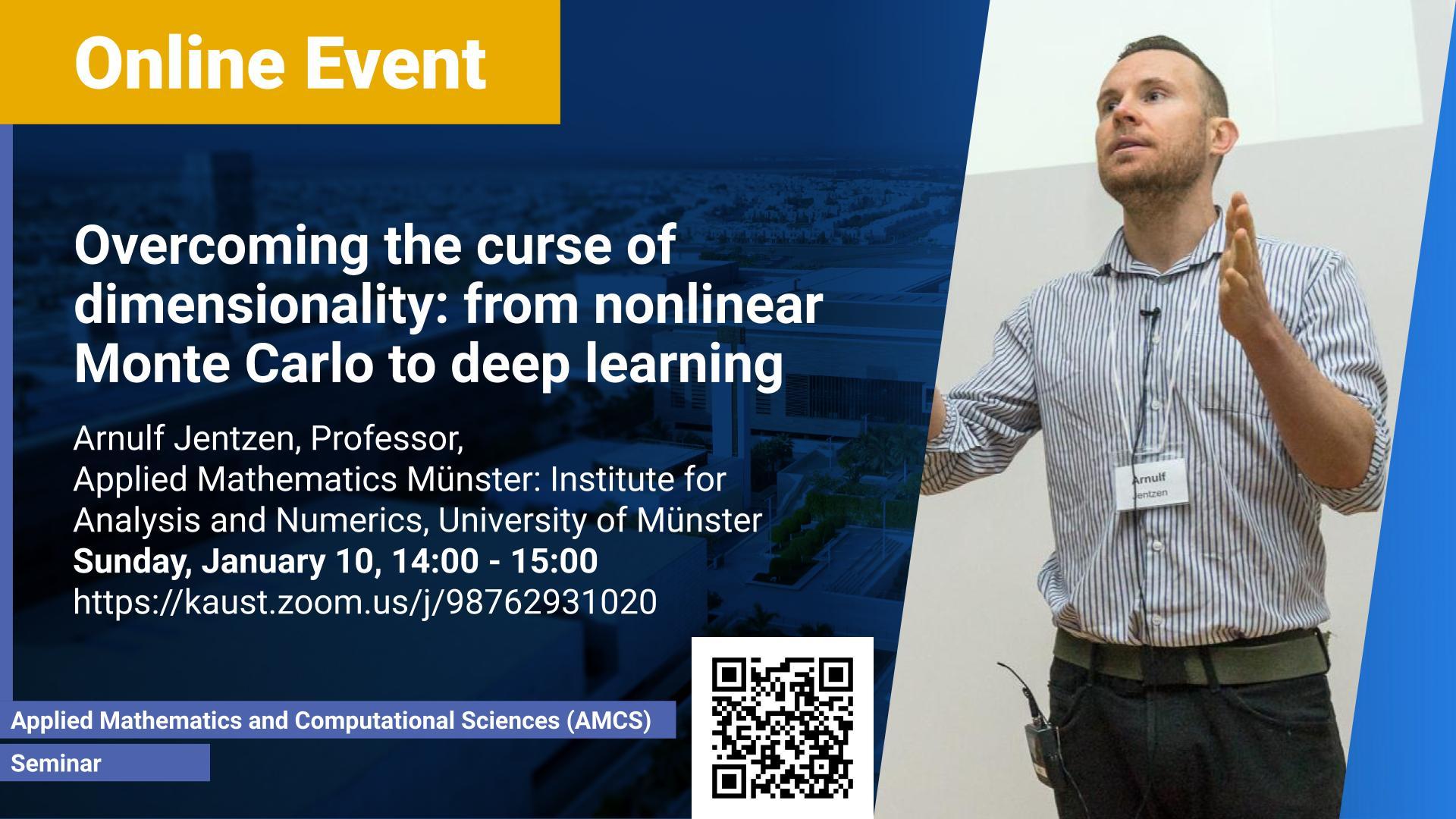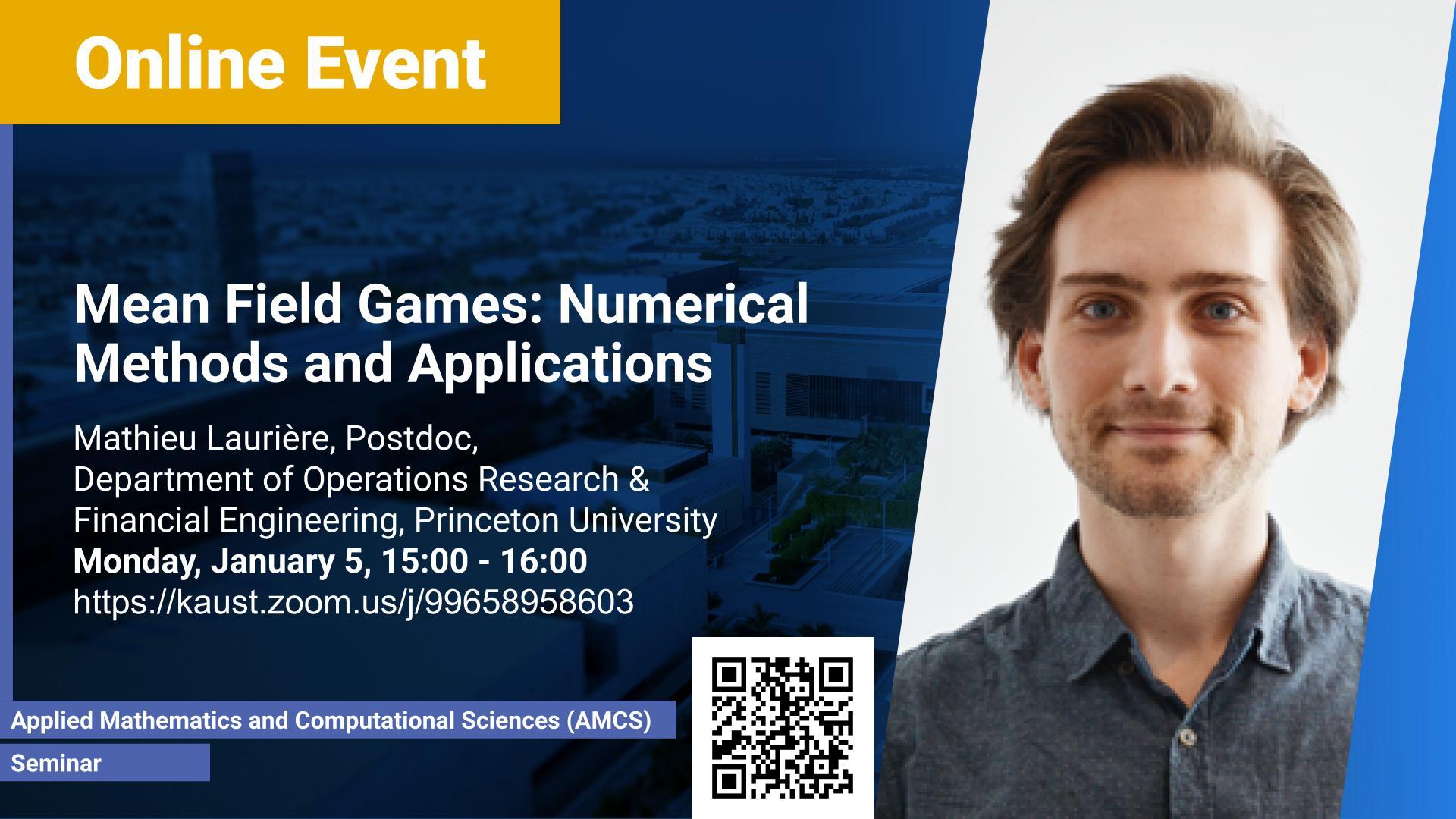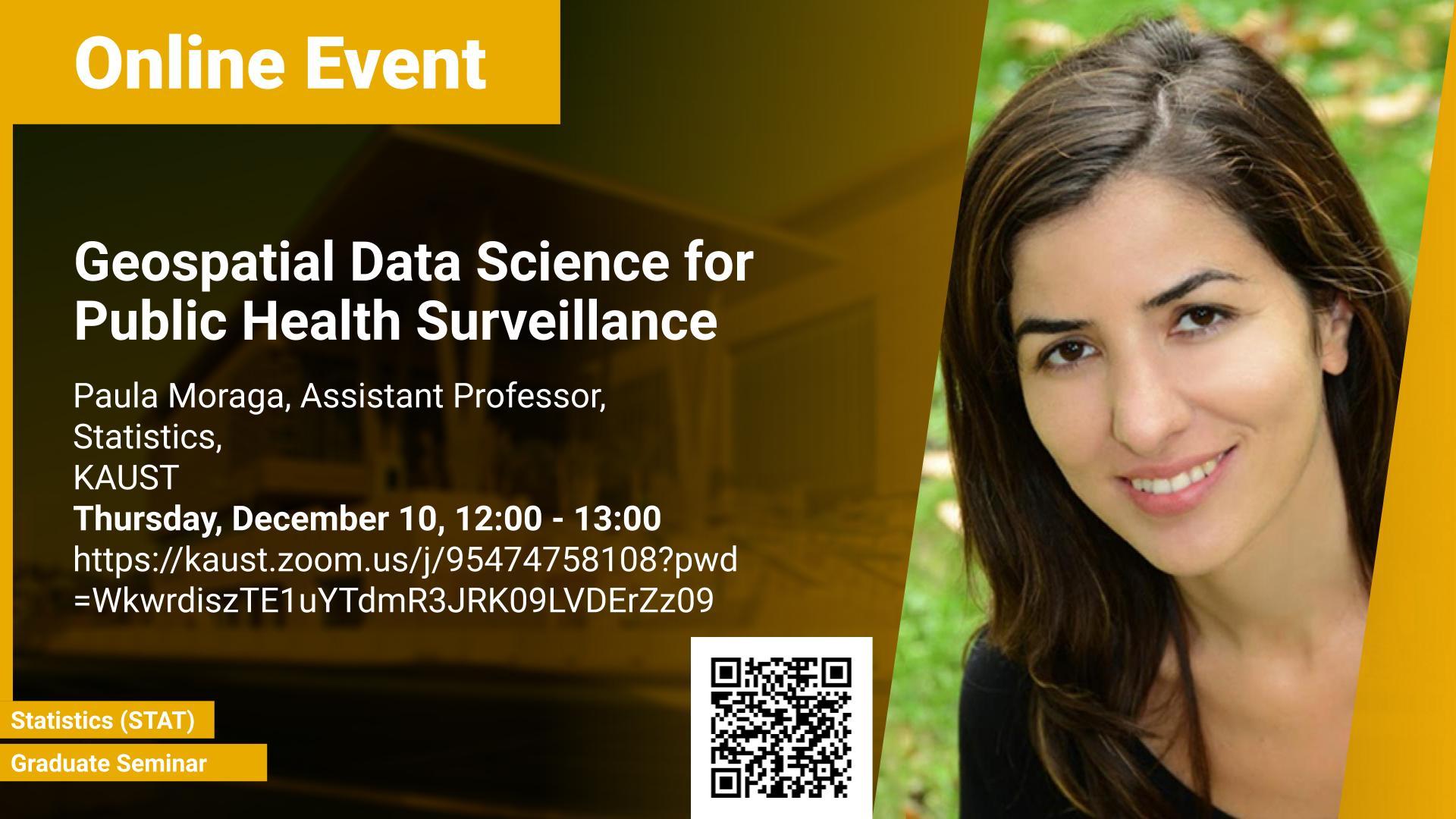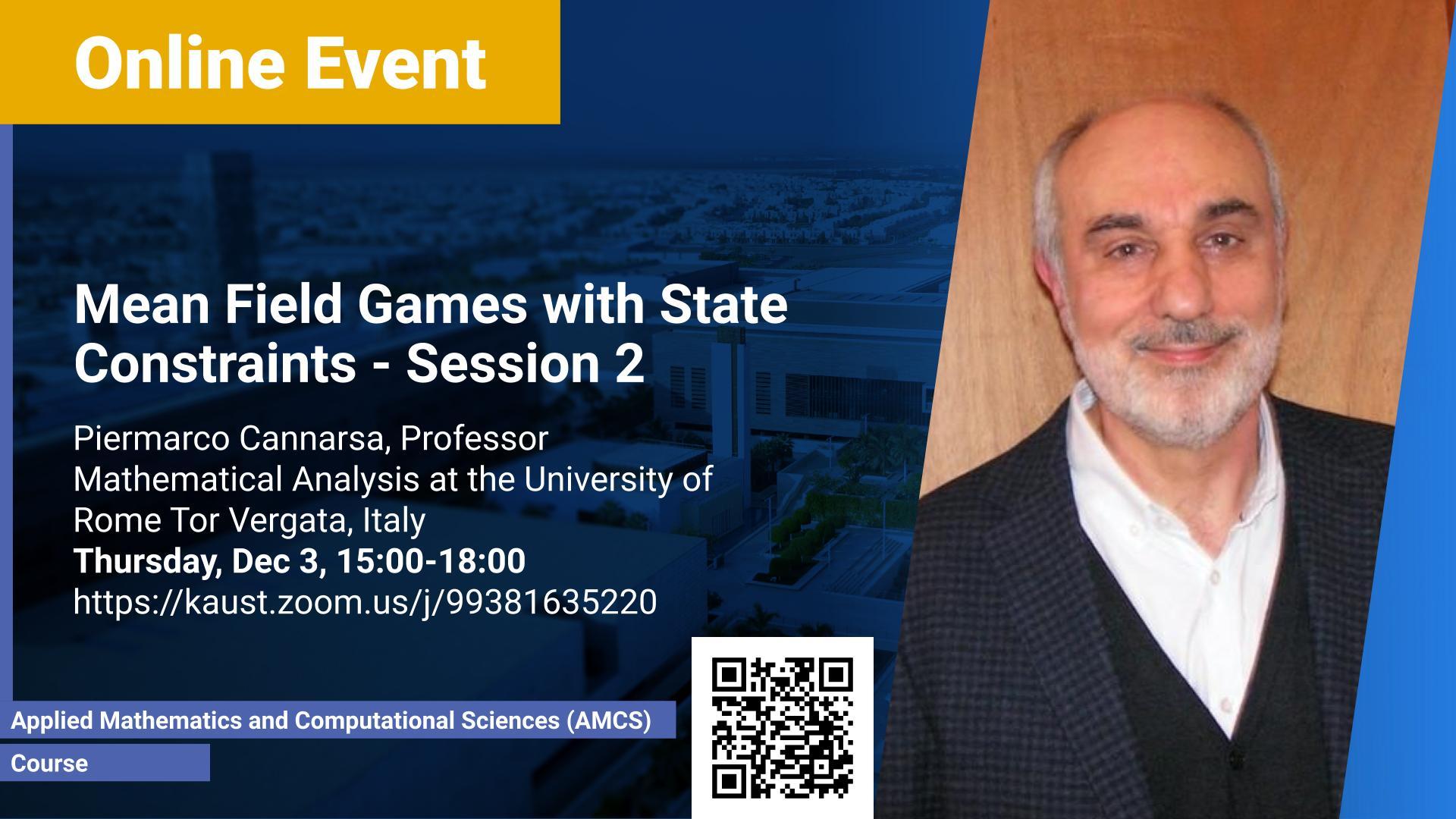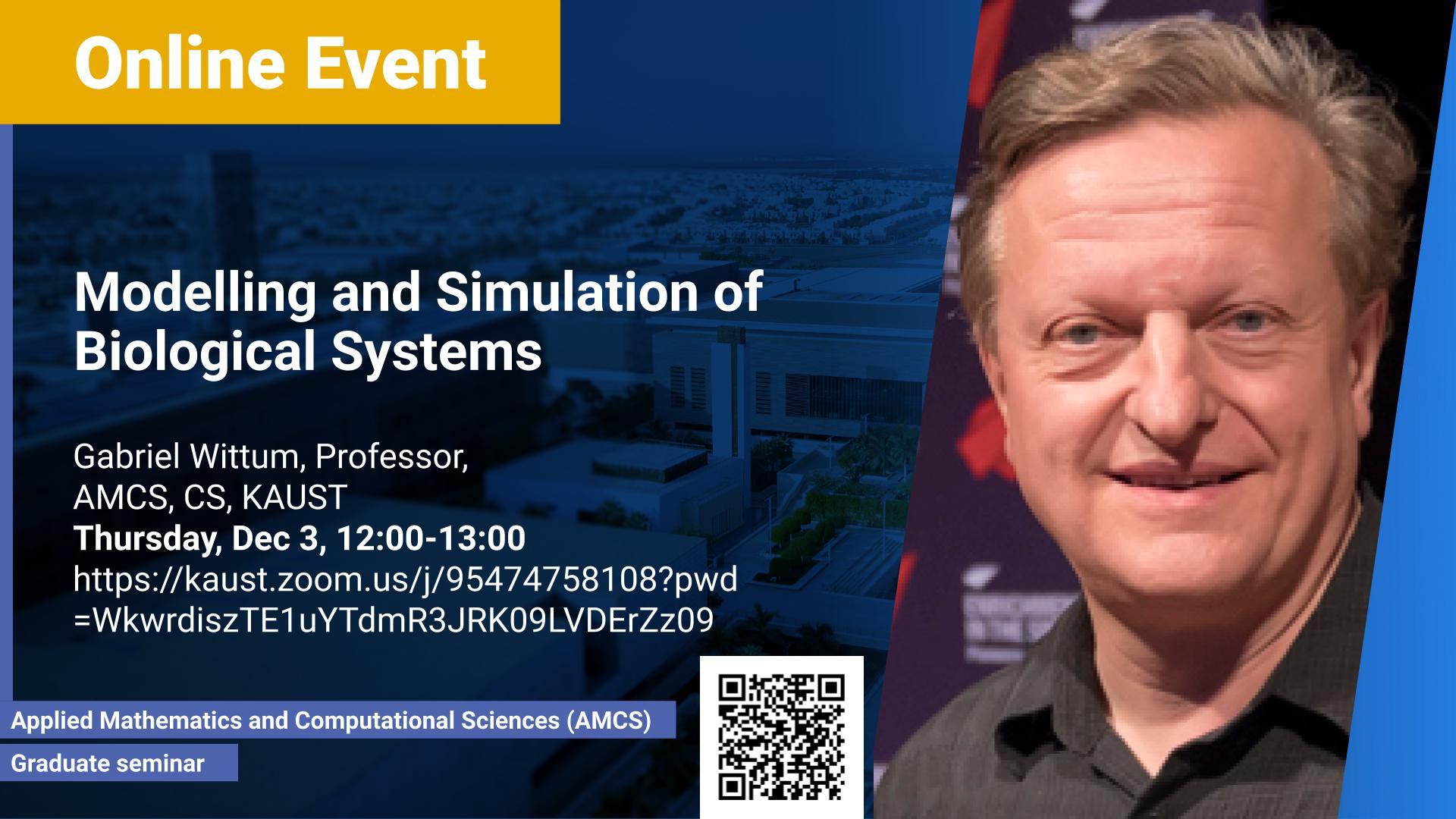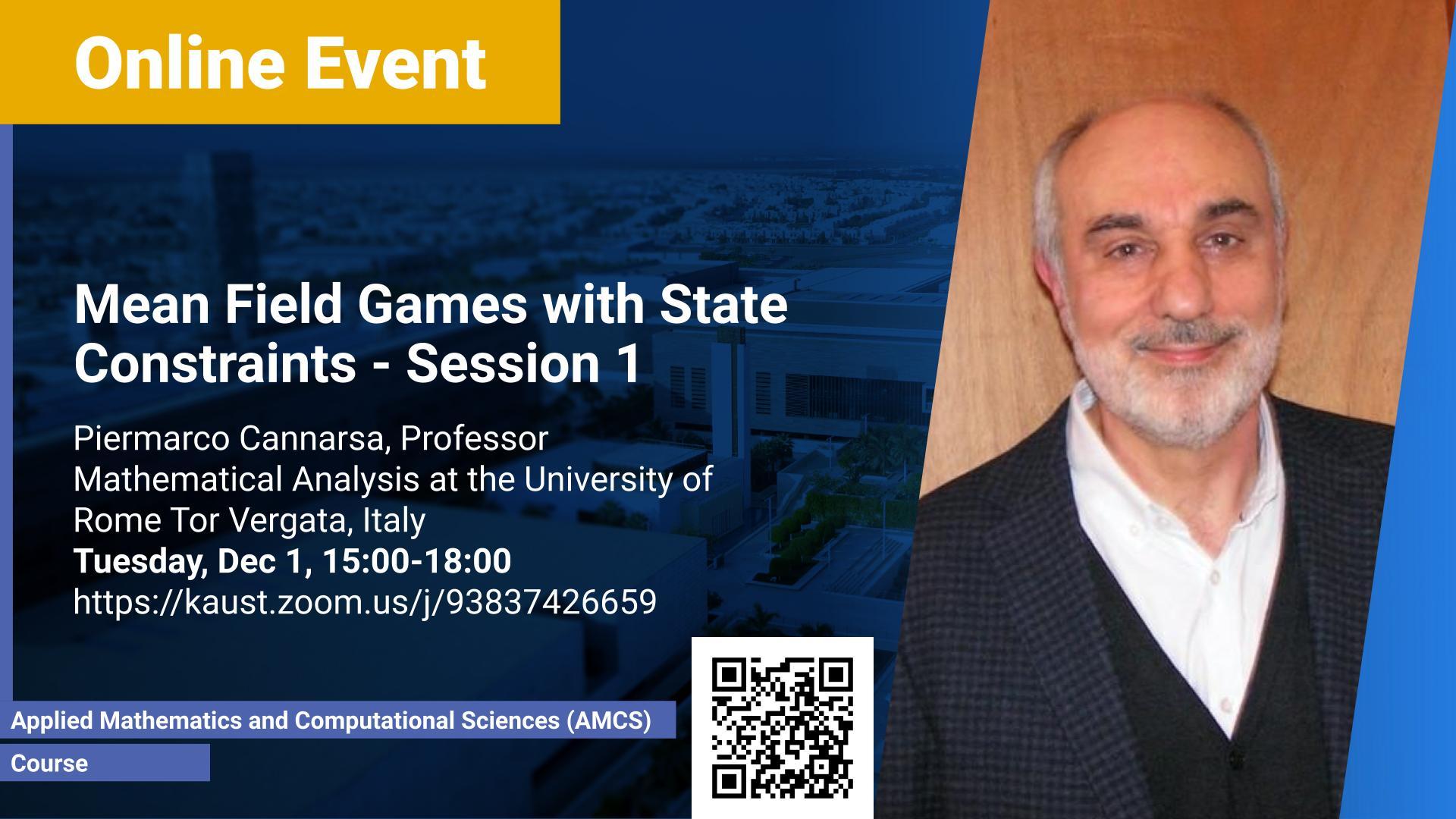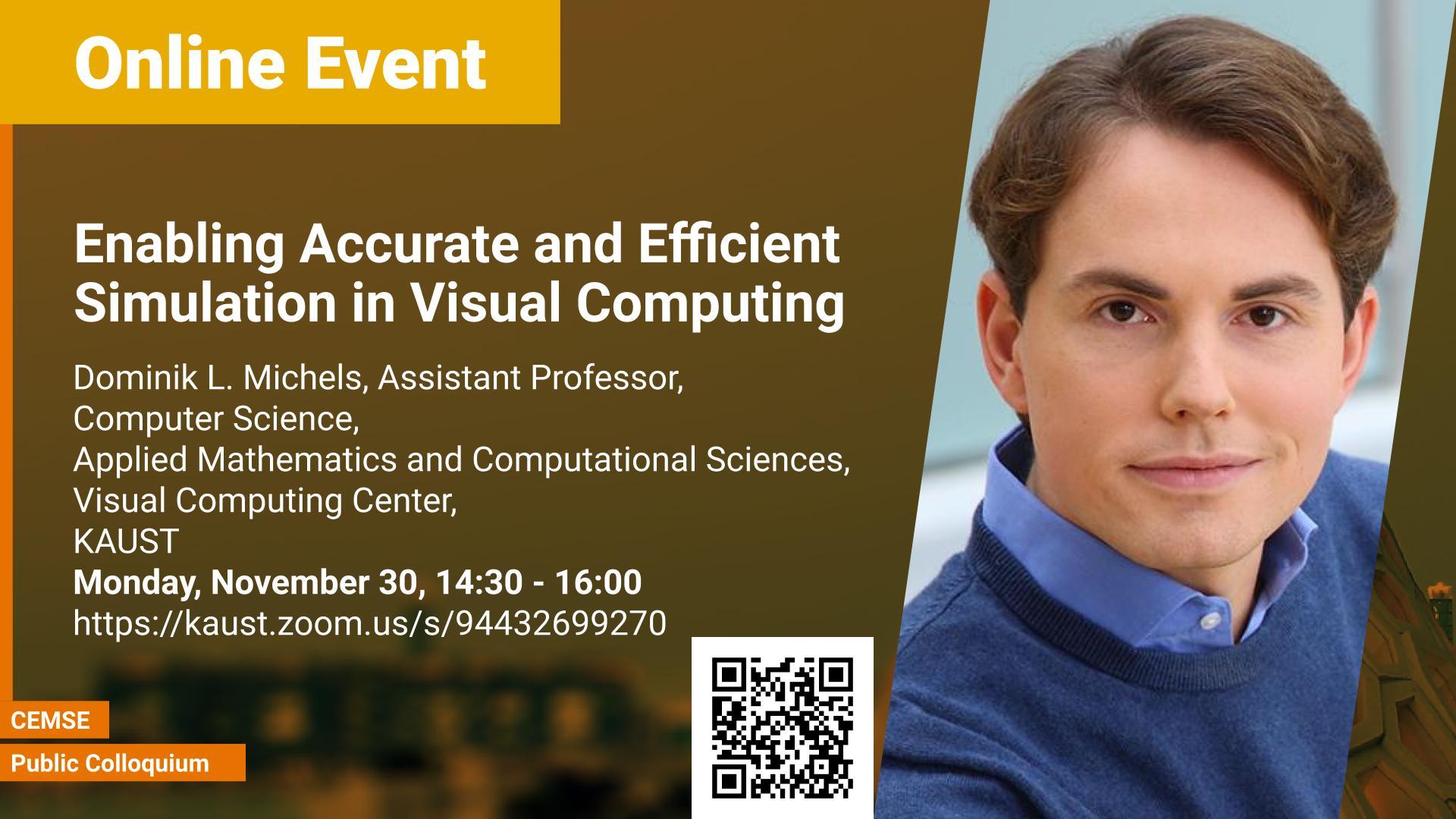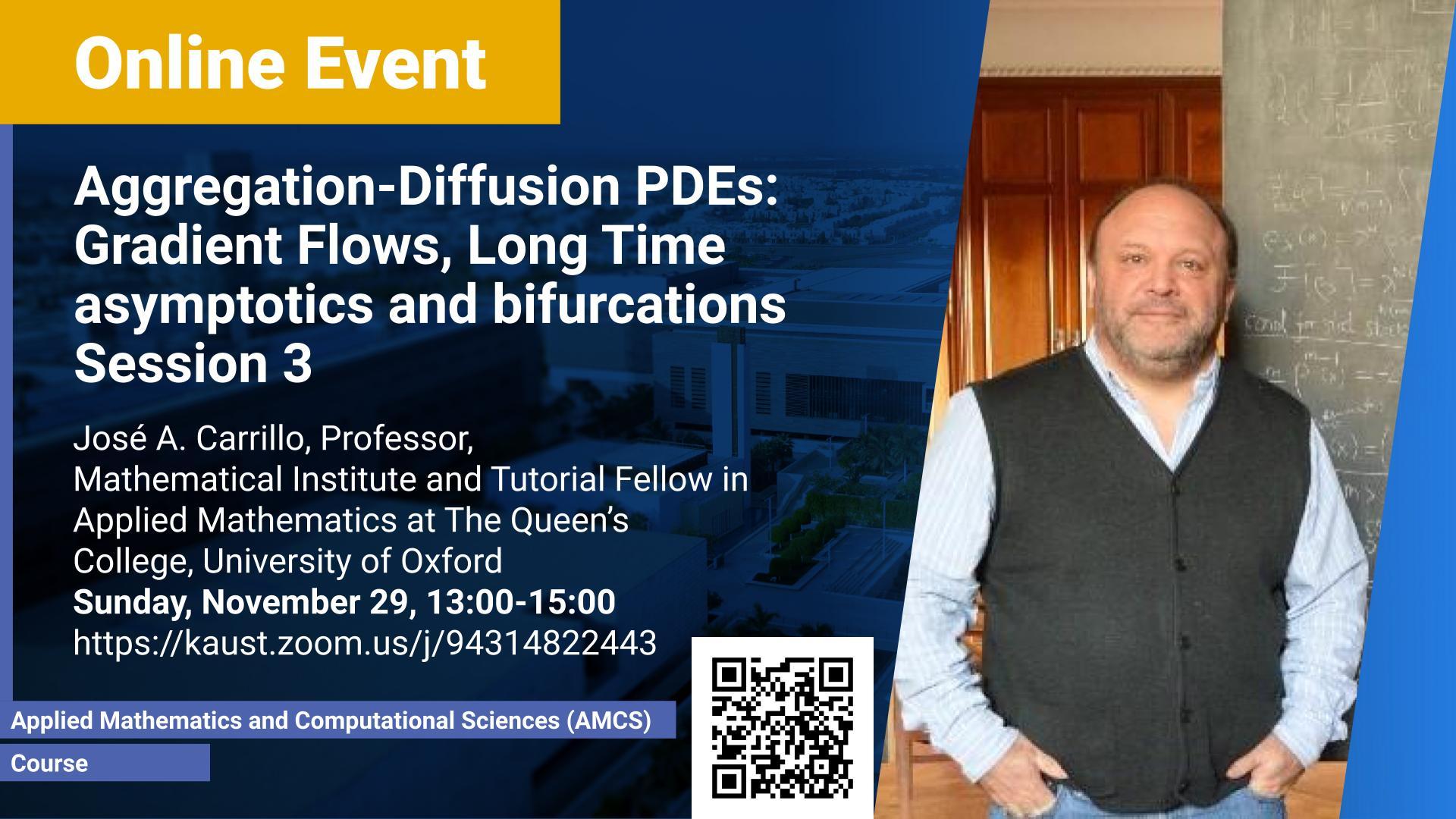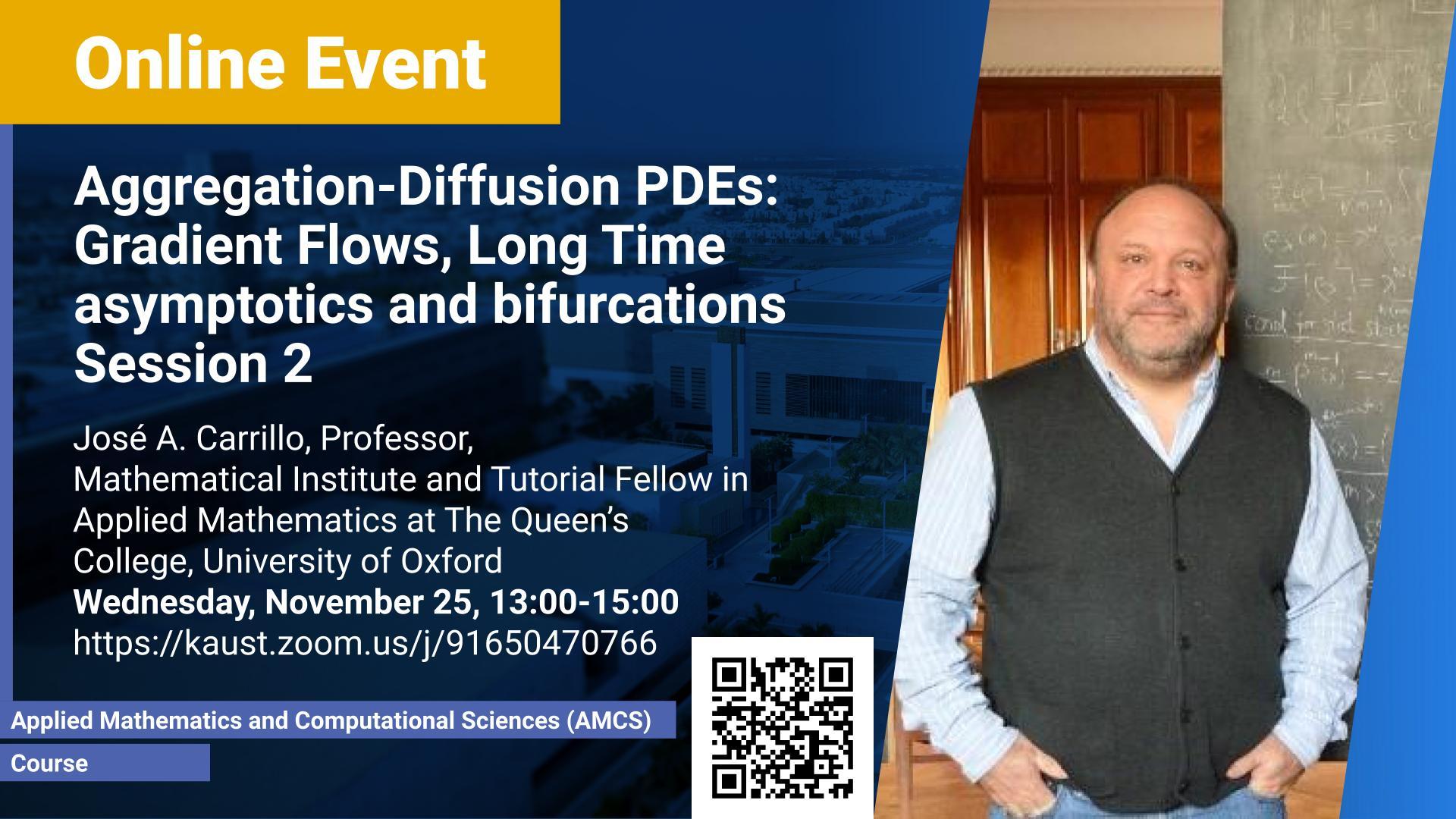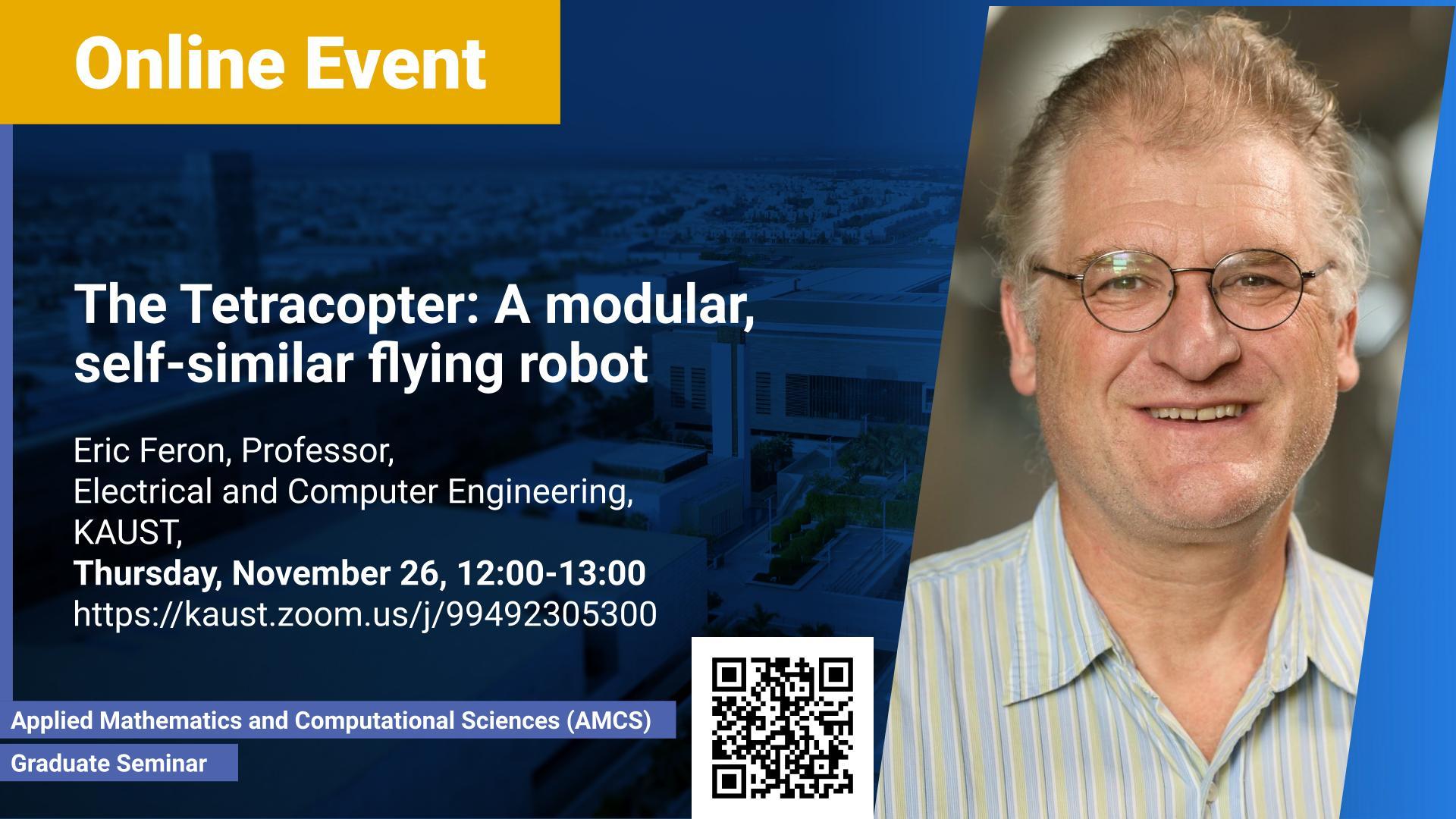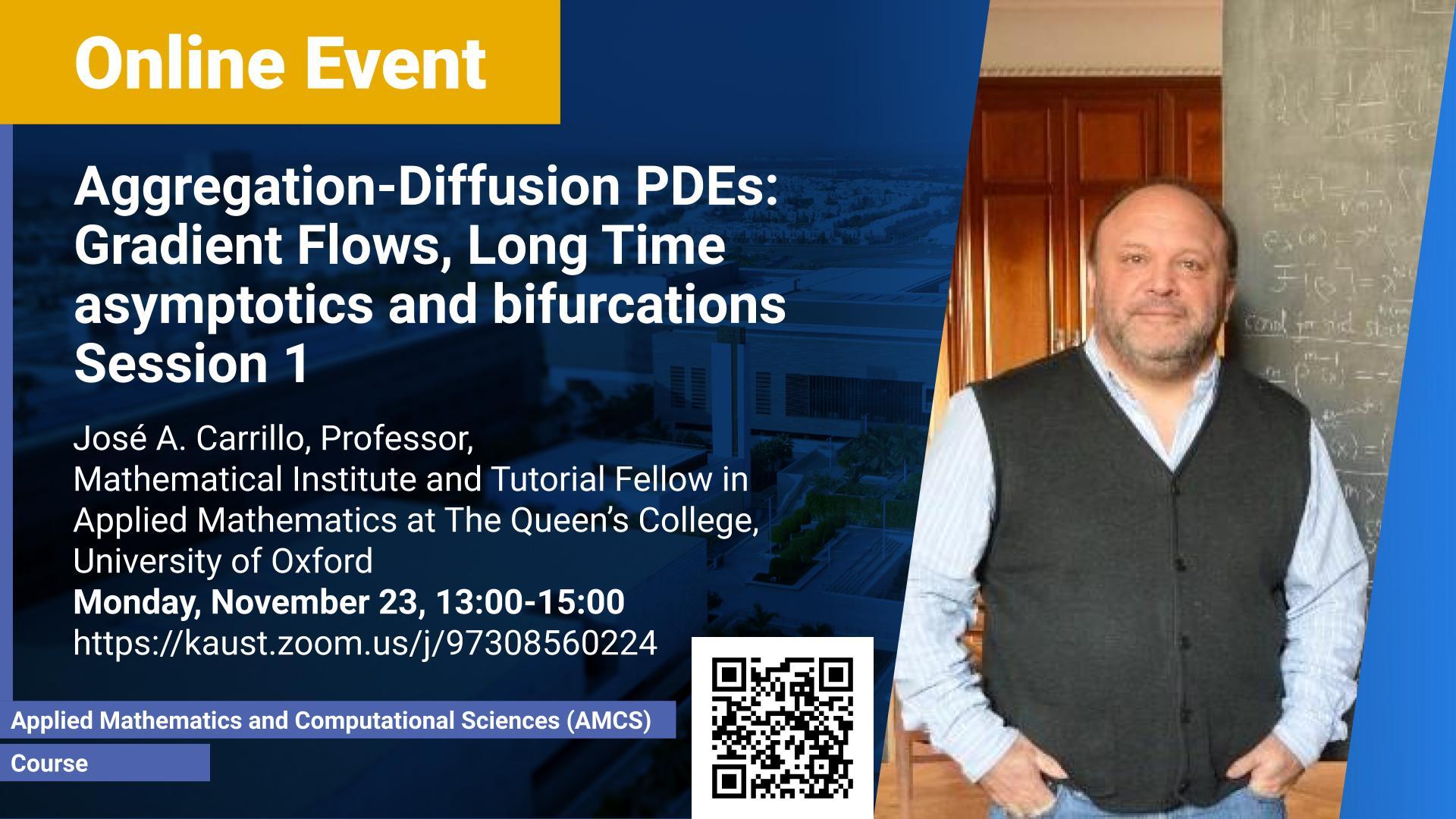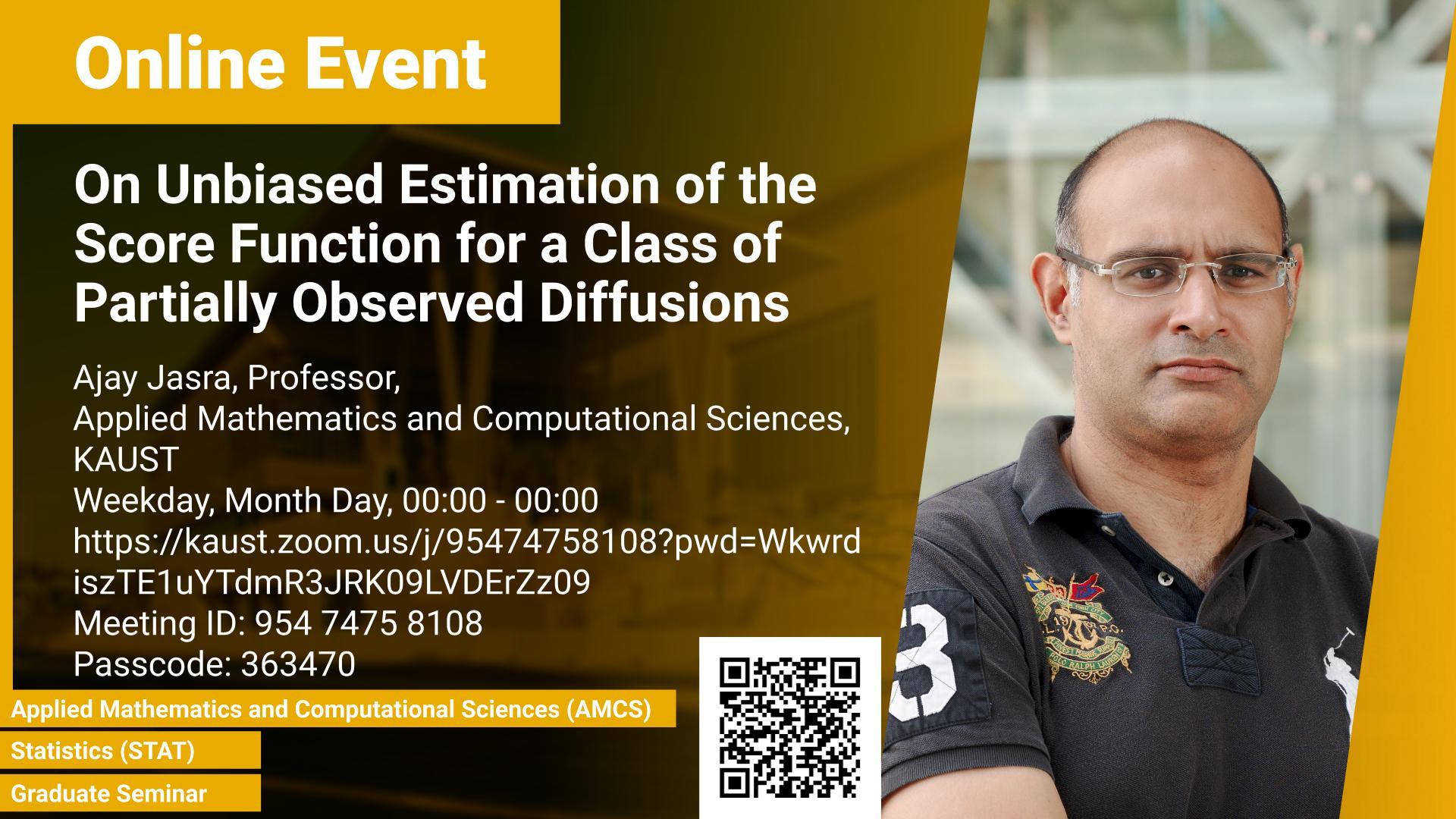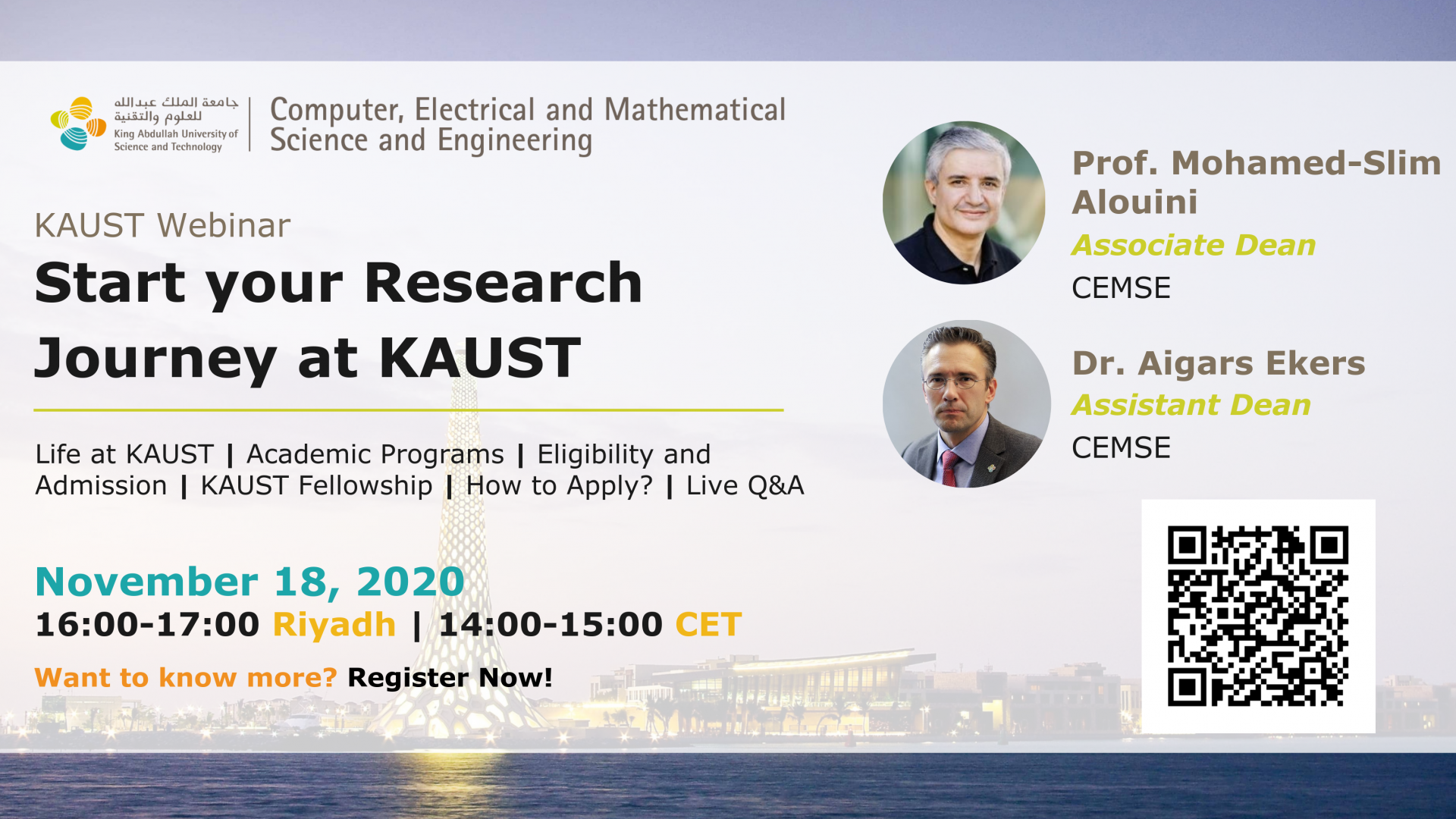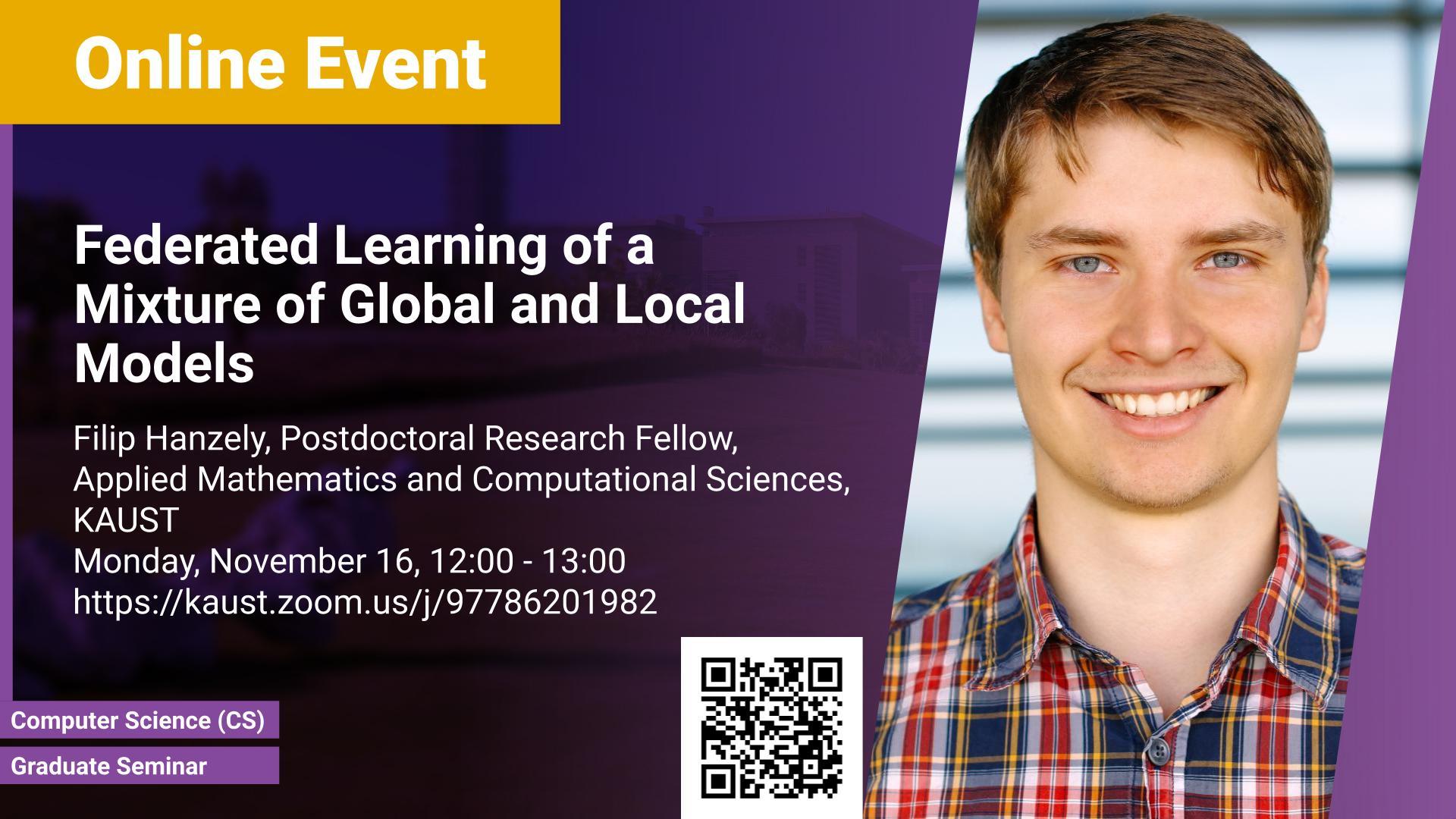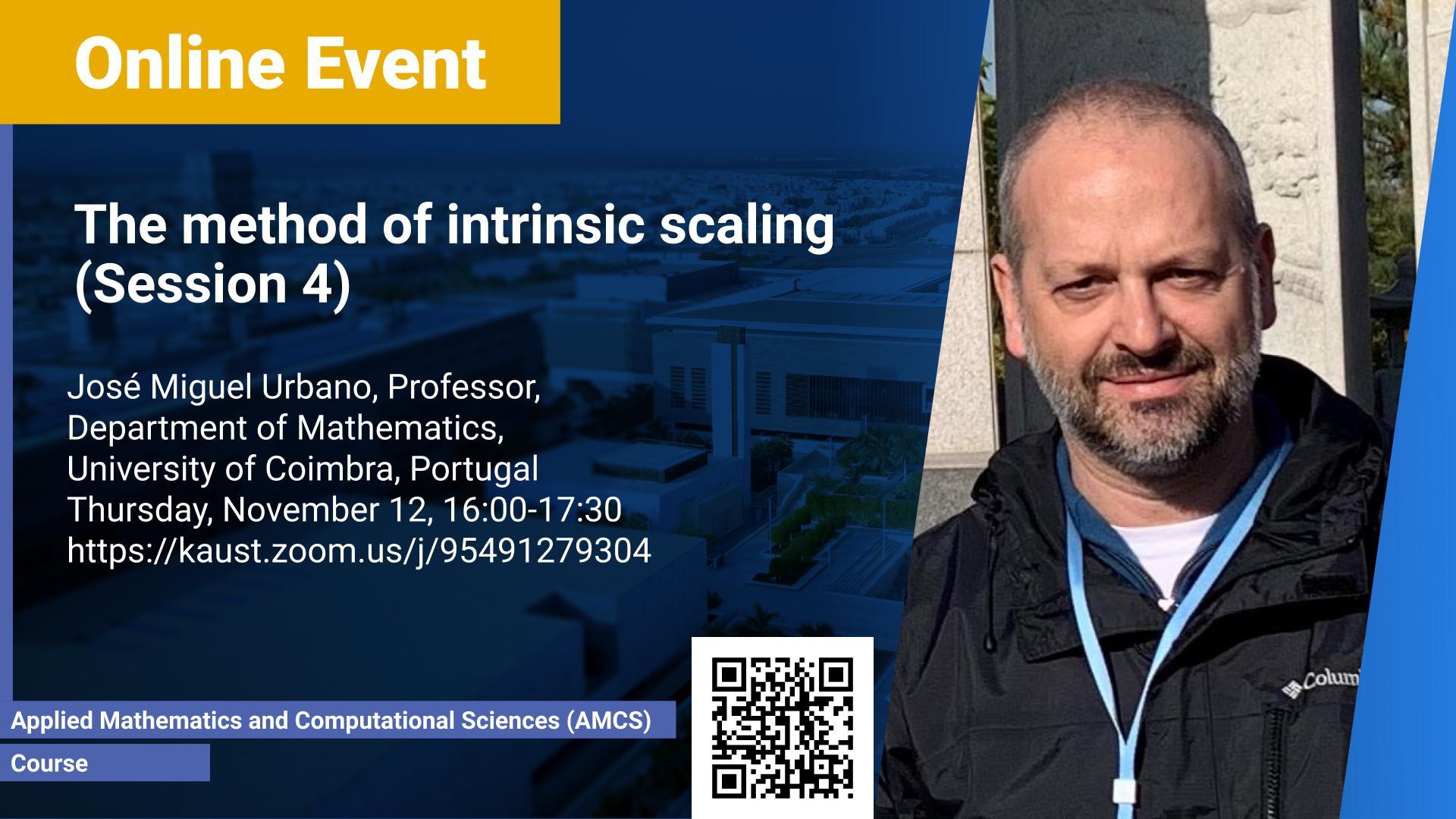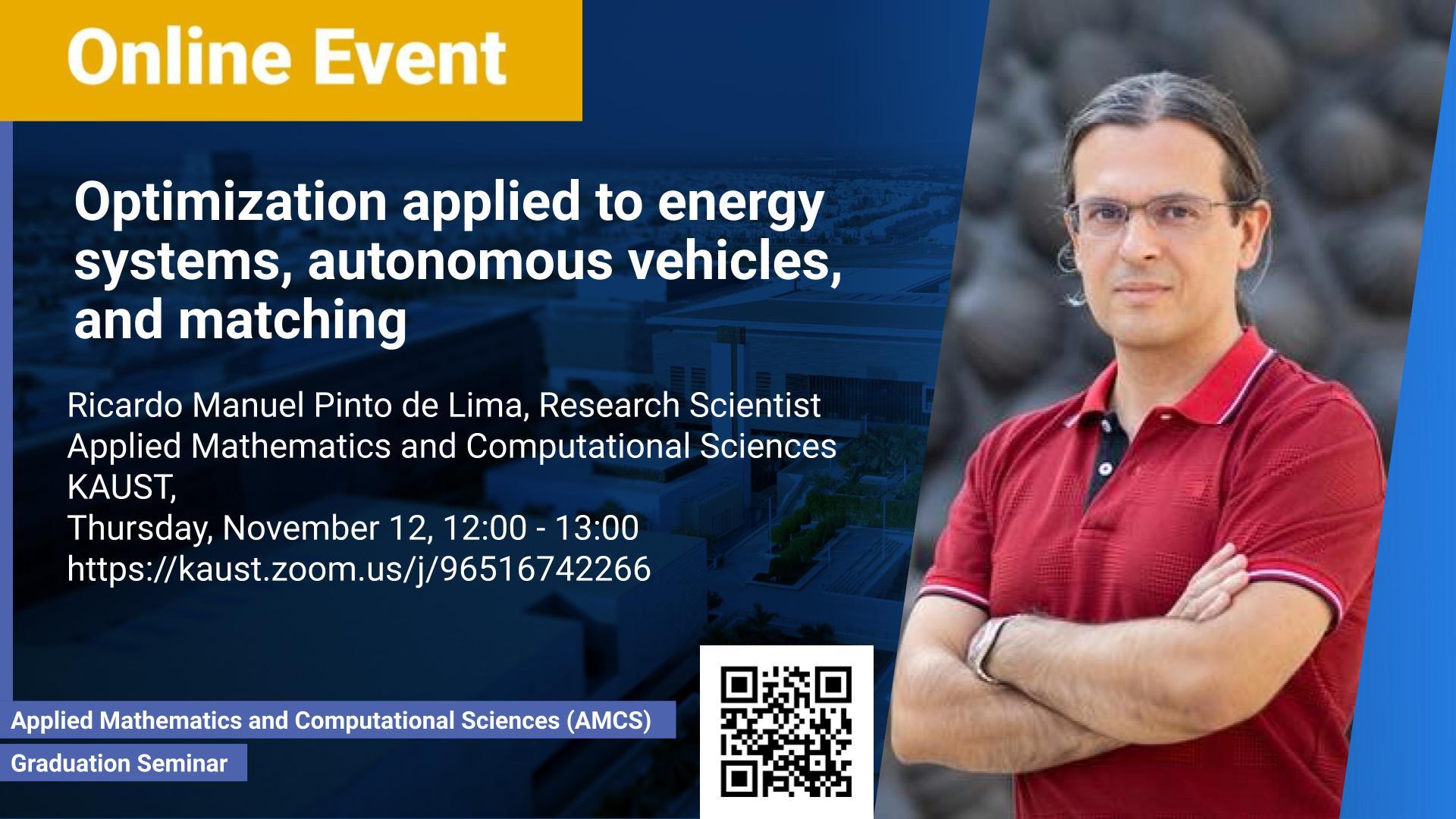David Ambrose, Professor, Department of Mathematics at Drexel University, USA
Monday, February 08, 2021, 17:00
- 19:00
KAUST
Contact Person
The time-dependent PDE system for mean field games is a coupled pair of parabolic equations, one forward in time and the other backward in time. The lecturer will demonstrate two techniques for proving existence and uniqueness of solutions for this system. The first of these techniques is inspired by work in fluid dynamics, as a similar forward-backward structure for vortex sheets was discovered by Duchon and Robert in the 1980s. Adapting the ideas of Duchon and Robert gives existence and uniqueness of solutions for the time-dependent mean field games system in function spaces based on the Wiener algebra. The second technique to be demonstrated by the speaker uses Sobolev spaces, and is an adaptation of the energy method to the forward-backward setting.
